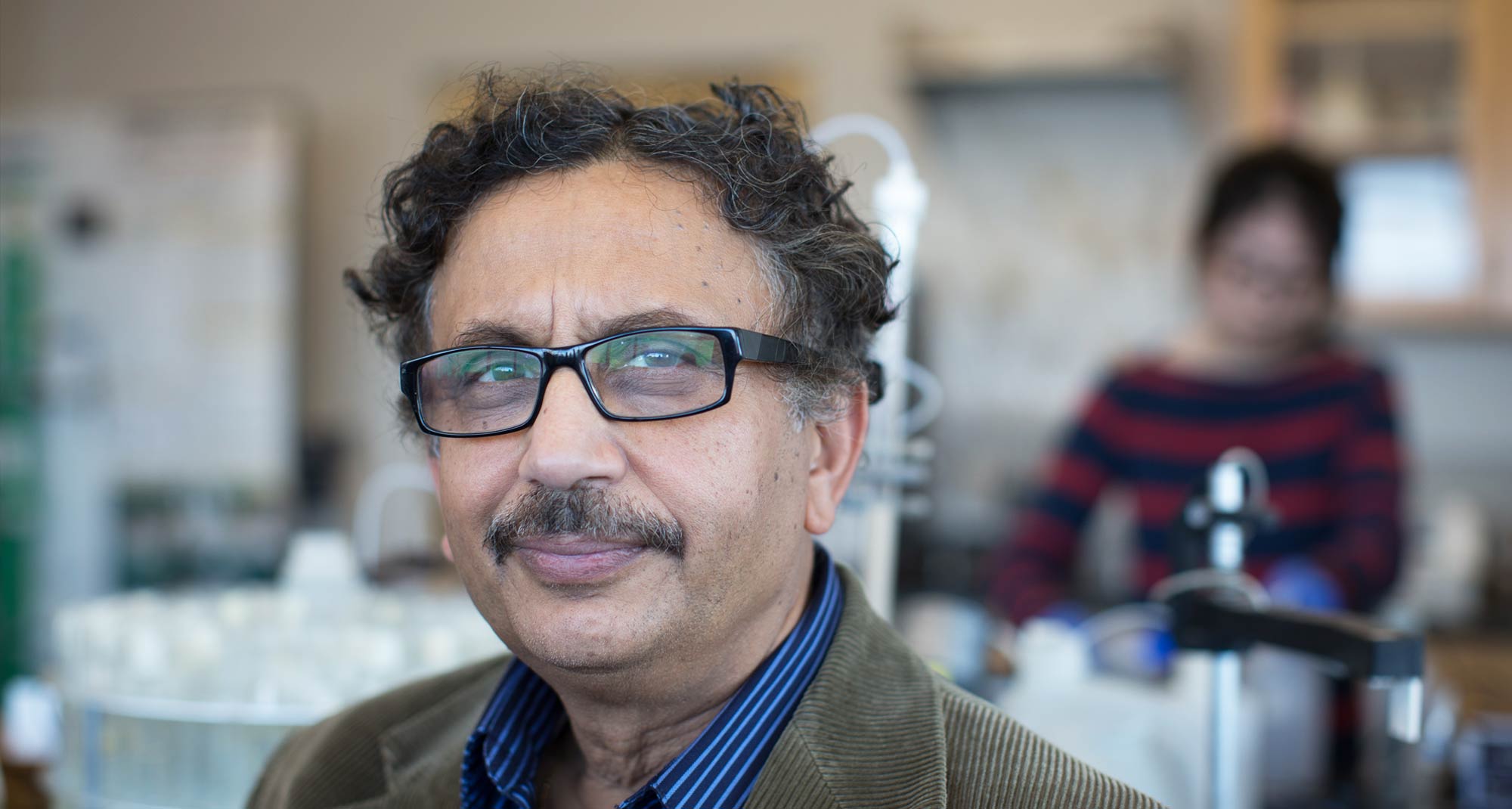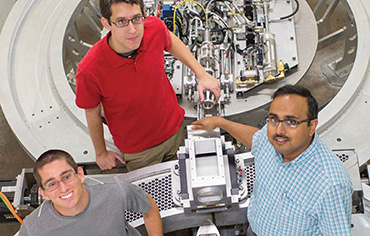How can we provide clean water for everyone on Earth?
Of all the needs we humans share, none is as unifying as our need for safe drinking water. The World Health Organization recognizes this: Its water quality standards for the world’s poorest people are as strict as those set by the U.S. Environmental Protection Agency.
Nonetheless, about 3.5 million people die each year because the water they drink is not safe to consume. Most of these people live in families earning less than $2 a day.
I’ve spent 35 years seeking solutions to this problem and have seen people on five continents benefit from the technologies my students and I have developed. But I believe that the improvement of water quality, and of living standards in the developing world, are as much philosophical and economic issues as a technological one. The lack of access to safe drinking water goes hand in hand with poverty. To provide clean water sustainably, we must also work to generate wealth.
Our technologies employ reusable, element-specific sorbents to remove arsenic, fluoride and other toxins from groundwater. But they cannot achieve a lasting solution unless the people we intend to help have a vested interest in the project. Thus, we work with community leaders in an effort to promote economic growth by providing affordable clean water as well as jobs with living wages to the people who oversee our systems.
Currently, more than one million people in six countries drink arsenic-free and fluoride-safe drinking water thanks to Hybrid Ion Exchange Nanotechnology (HIX-Nano) developed at Lehigh.





